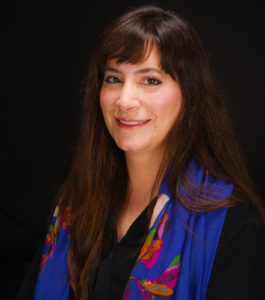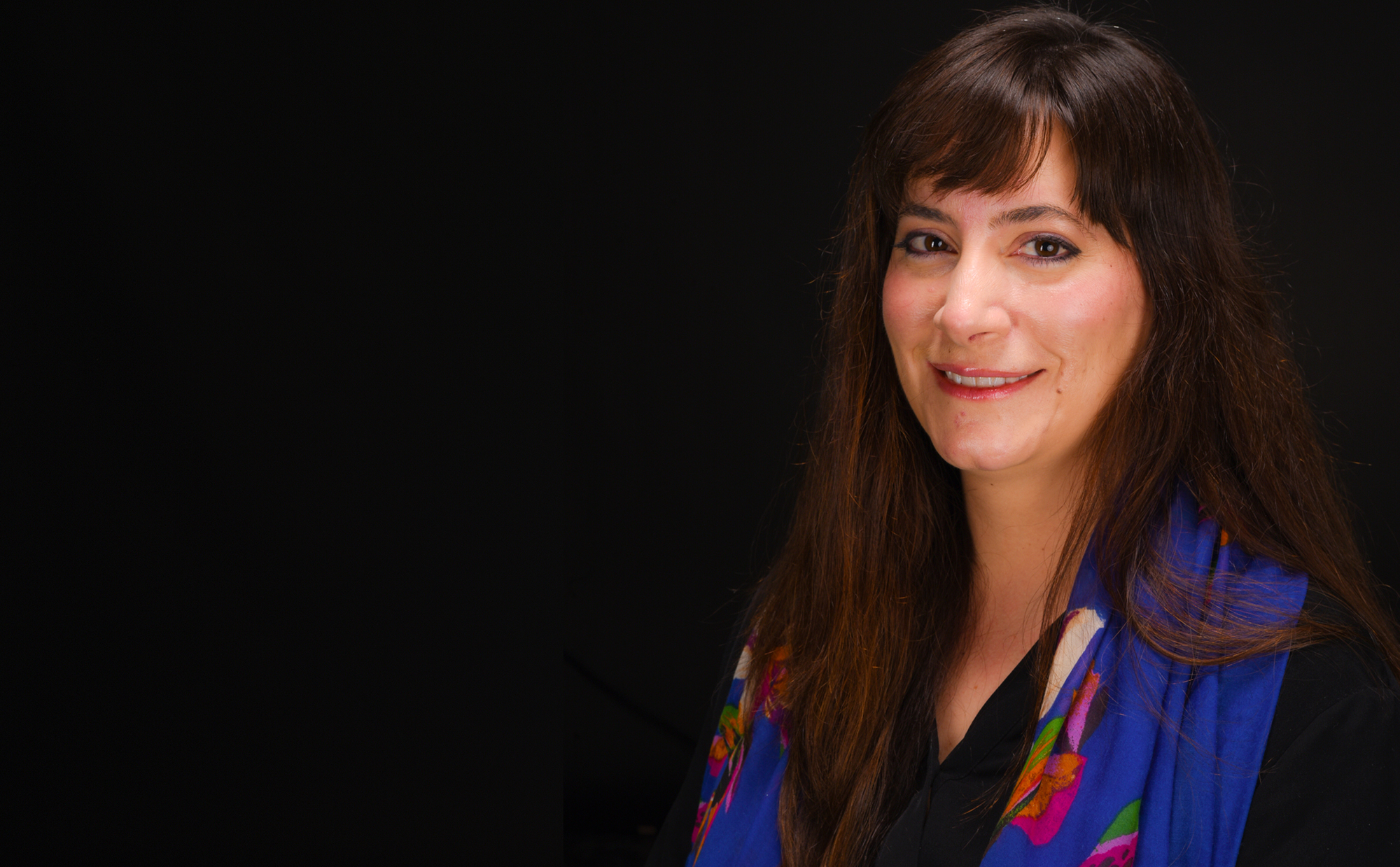May 1, 2020

Sarah Corey-Rivas
Las Vegas, New Mexico – Life sciences students at New Mexico Highlands University will receive new services early in their education, like culturally relevant teaching and more research opportunities, aimed at helping them persist and graduate thanks to a $1.8 million National Science Foundation grant.
The five-year NSF grant begins August 2020 and continues through July 2025. It will address the national college trend of difficulties in retaining college freshman, sophomores and juniors in science, technology, engineering and math, collectively known as STEM.
Highlands named its NSF grant SomosSTEM!, which translates to We Are STEM!
Sarah Corey-Rivas, a Highlands biology professor, is the principal investigator or lead researcher for the grant. Elizabeth Ratzlaff was the grant writer.
“The ultimate goal of the grant is to help students complete their life sciences degrees by providing high impact practices like experiential learning in the science community,” Corey-Rivas said. “We’re working to support the development of a science identity in students very early in their education.”
Corey-Rivas said an estimated 1,500 incoming freshman will participate in the SomosSTEM! program over the span of the grant.
Corey-Rivas said the cultural component of the program includes several equity and inclusion training events each year for Highlands faculty and community research partners such as the New Mexico State Forestry Division and the Rio Mora Conservation Science Center.
“Decades of research shows that underrepresented minority students in STEM face particular challenges in retention and graduation rates. The recent research shows that these students succeed in a culturally diverse science community that values their unique cultural assets. That’s what we’re trying to accomplish with this grant,” Corey-Rivas said.
Corey-Rivas said that an important component of the grant will focus on building psychosocial attributes in students like a sense of belonging, science identity and science self-efficacy.
Highlands will collaborate with STEM higher education researchers from the University of Nebraska at Lincoln, Elvira Abrica and Daryl Hatch-Tocaimaza, on the psychosocial component of the grant.
“We’ll be measuring the impact of community research activities on student development of psychosocial traits like belonging and science identity, and whether that leads to improved retention and graduation,” Corey-Rivas said.
Corey-Rivas said another innovative element of the grant takes the student intern experience and puts it in the classroom.
“It’s all the fun and excitement the juniors had in their internships packaged in a class research experience for freshmen,” Corey Rivas said.
The SomosSTEM! program also includes building upon existing research partnerships with other local agencies such as the Hermit’s Peak Watershed Alliance and the National Center for Genome Resources.
“Having tangible research partners in the community makes science more real, relevant and doable. It also connects students into a network of professional scientists,” Corey-Rivas said.
In addition, the SomosSTEM! program includes a summer bridge program, a two-week science challenge, at Rio Mora National Wildlife Refuge 25 miles northeast of Las Vegas.
“Rio Mora is the heart of local ecosystem research in the region and Highlands has a long partnership with the refuge. The bridge program encourages students to stay in school after their freshmen year and love science,” Corey-Rivas said.
The co-principal investigators for the SomosSTEM! grant are Joe Zebrowski, geographic information systems director at Highlands and Rio Mora National Wildlife Refuge research liaison, and Edward Martínez, natural resources management professor.
“Joe Zebrowski and Edward Martínez have extensive experience with federal science grants that support student success in STEM,” Corey-Rivas said.
Corey-Rivas said the SomosSTEM! grant builds upon the longtime successes of ARMAS, Highlands University’s award-winning Achieving in Research, Math and Science center.
The National Science Foundation grant pays for student research internships, training mentors and professors in culturally relevant teaching approaches, psychosocial research and more.

